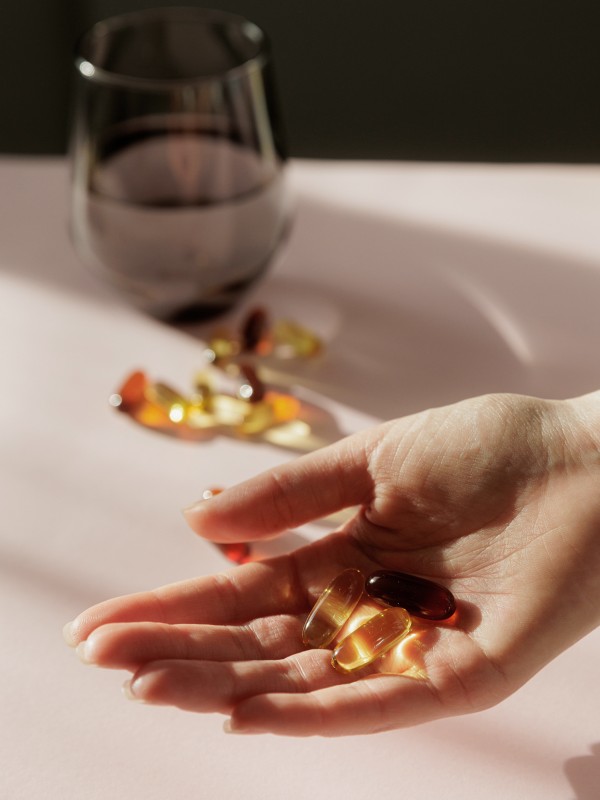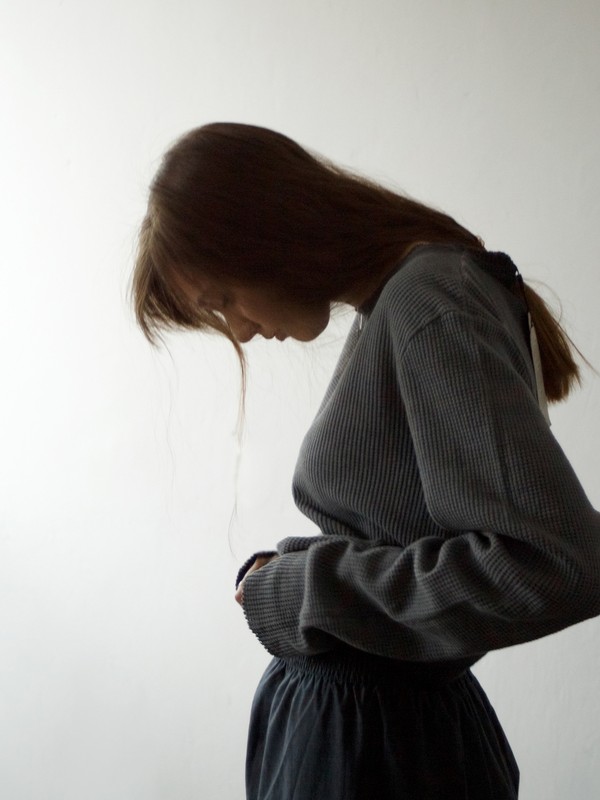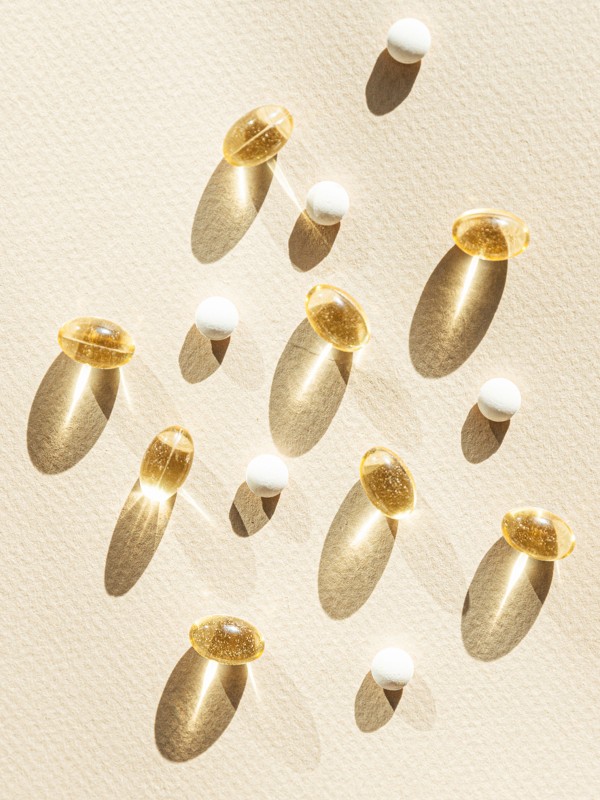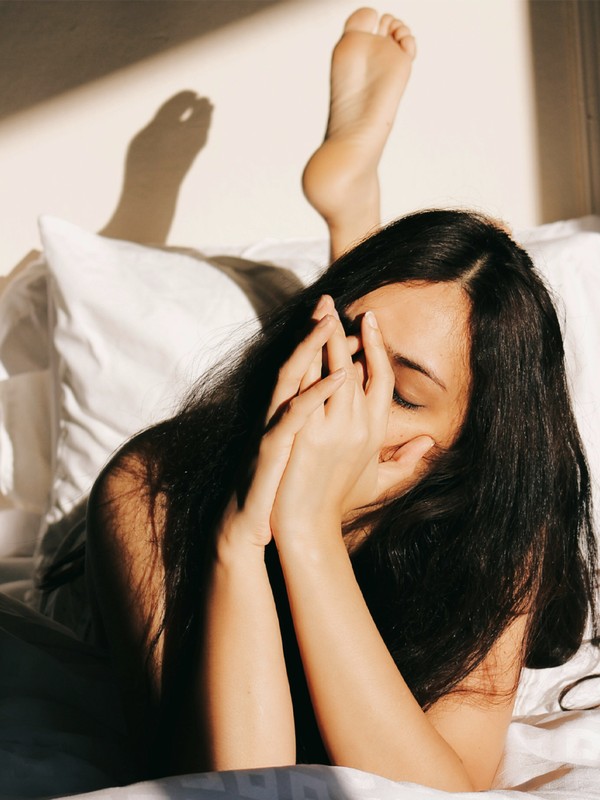Is Shopping Addiction A Mental Health Condition?
What is shopping addiction?
According to new research, regular shopping trips or unnecessary spending might be an indication of far more than just a lack of self-control. While plenty of us will admit to spending beyond our means from time to time, a number of experts are now calling for shopping addiction, also known as ‘oniomania’ or ‘compulsive buying disorder’ (CBD), to be recognised as a legitimate mental illness.
It follows a recent study conducted by Hannover Medical School, which revealed up to 7% of adults display characteristics of compulsive buying, with numbers across the globe – particularly in America and Europe – rising in the past two decades.
The move comes after the World Health Organisation (WHO) officially announced obsessively playing video games as a mental health condition. Dr Shekhar Saxena, Director of WHO’s Department of Mental Health and Substance Abuse, revealed that the organisation had decided to make it official condition due to surmounting scientific evidence, which determined there was a “need and demand for treatment in many parts of the world”.
And when it comes to shopping addiction, Professor Astrid Mueller, a clinical psychologist with a special interest in addiction at the Hannover Medical School in Germany, believes that there’s a need for a greater understanding of the condition because it can be far more dangerous that we currently think.
“It’s time to recognise compulsive shopping disorder as a separate mental health condition, which will help us develop better treatments and diagnosis methods,” she told the Daily Mail.
How do you know if you have a shopping addiction?
Self-help site PsychGuides, states the condition once came under the umbrella term ‘impulse-control disorder’, alongside kleptomania. Those who suffer from compulsive shopping often describe an increasing feeling of anxiety states the condition once came under the umbrella term ‘impulse-control disorder’, alongside kly that can only be easy by buying something, which feeds and increasing urge to spend.
Shopping can also be used as a way to deal with negative feelings and emotions – hence the term ‘retail therapy’ – and is a disorder that can develop regardless of income. Many people who have CBD don’t always buy expensive items, but instead tend to buy cheaper products in bulk.
According to Mental Health America, there are four stages to compulsive buying:
1. Anticipation: Thoughts and urges start to appear. You may focus on a specific item or the act of shopping itself.
2. Preparation: The research and decision-making begins. You look at when and where to go, what to wear, which credit card to use and spend considerable time researching sales or what to buy.
3. Shopping: You feel intense excitement during your shopping experience.
4. Spending: After the act, you feel disappointed that the experience is over and ashamed at how much money you’ve spent.
You could be at risk of a compulsive buying problem if you feel anxious on days you don’t go shopping; if you’re constantly overdrawn buying things you don’t need; if you only have enough to pay the minimum on your credit card, but keep charging items regardless; and if you know other people would judge you if they knew how much you spend.
Are there any treatments available?
According to Project Know, a site dedicated understanding addiction, most research suggests the best way to treat shopping addiction is with cognitive behavioural therapy (CBT). “Working with a psychologist, therapist or counsellor in a structured therapeutic environment to identify problematic thought patterns,” their experts recommend. This will help to understand and identify your behaviour and emotions that lead to a spending spree.
Project Know states CBT is the only proven method of treating a shopping addiction, but group therapy might also help. Peer-to-peer groups like Debtors Anonymous use a 12-step programme to help you stop spending money and getting into debt. Their meetings are free and open to anyone ready to give up their spending habit.
If you think you might have a compulsive shopping issue, visit debtorsanonymous.org.uk and to find out more about CBT, including how to be referred for treatment by your GP, visit NHS.UK
DISCLAIMER: We endeavour to always credit the correct original source of every image we use. If you think a credit may be incorrect, please contact us at info@sheerluxe.com.




